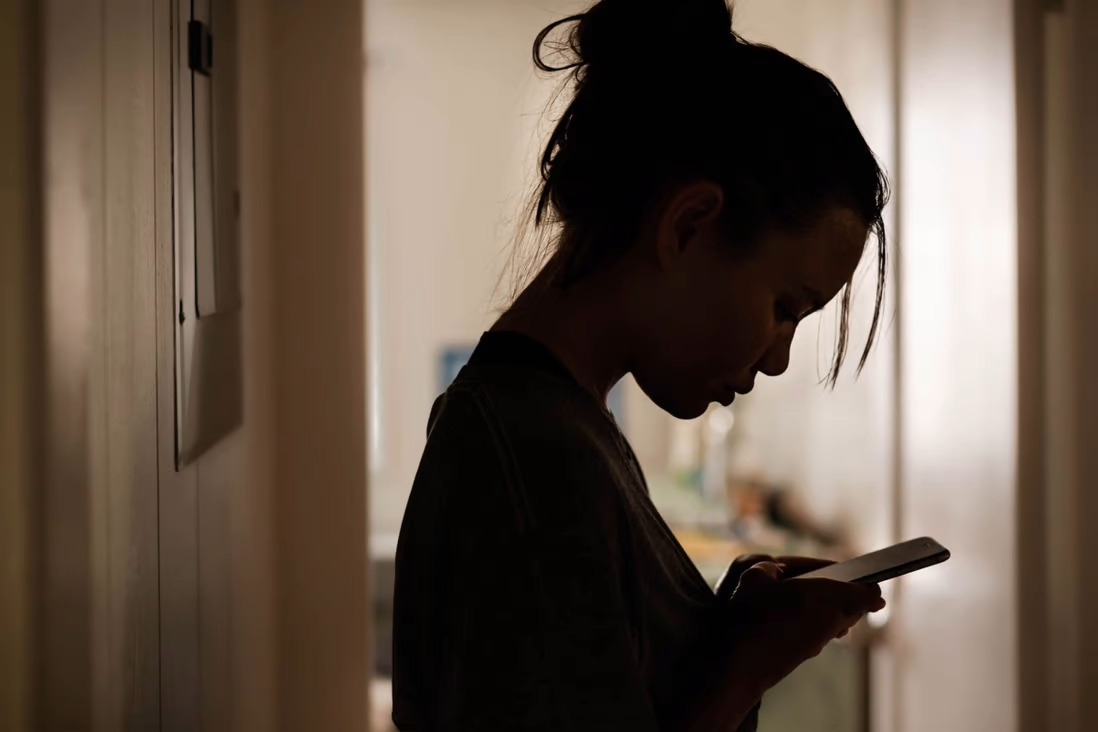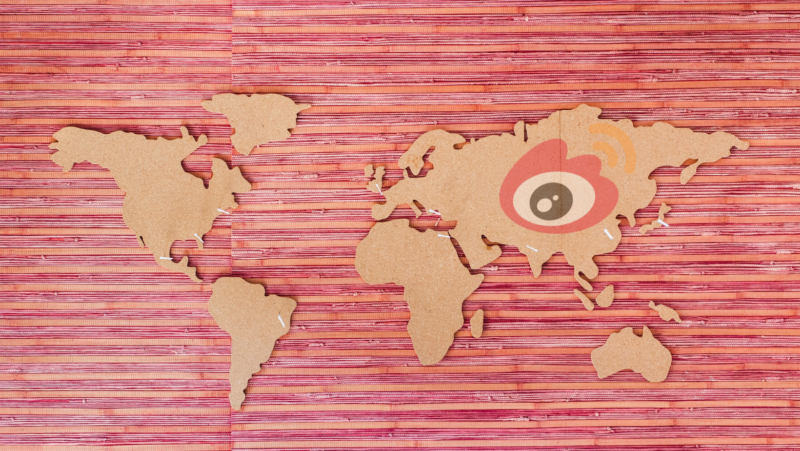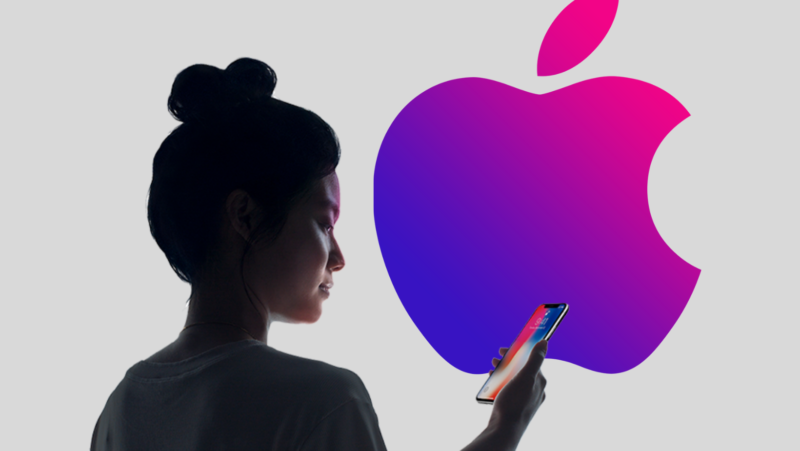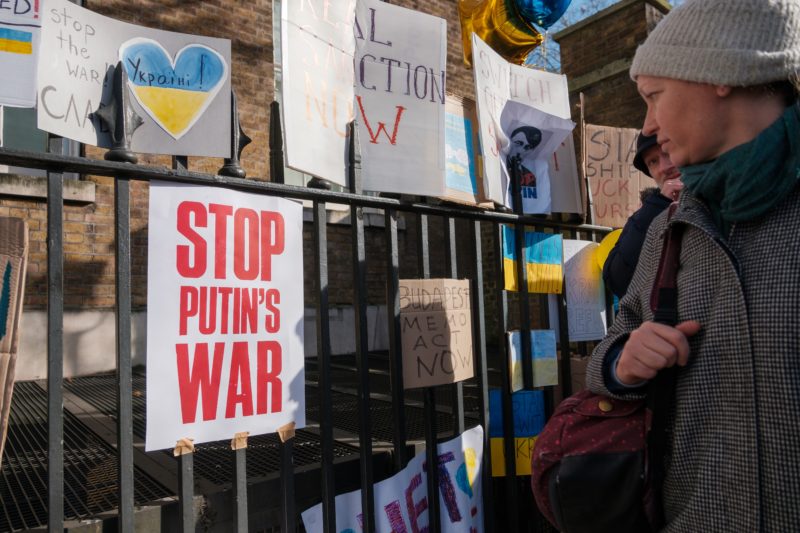As delegates across China gather in the capital city of Beijing for one of the biggest events on the country’s political calendar – the “two sessions”, proposals that push societal changes, have caught more attention in public than political and economic ambitions. Among them, “to include serious cyberbullying into criminal charge” has become one of the most-heated discussions on China’s social media.
The idea which has so far seen overwhelming support from Chinese Internet users is proposed by Wei Shizhong, Vice-Chancellor at Henan University of Science and Technology and a member of the national committee of CPPCC as the “two sessions” (annual meetings of China’s top legislature – the National People’s Congress, and the top political advisory body – Chinese People’s Political Consultative Conference) kicked off on 5 March.
“There have been many legal explanations and corresponding punishments regarding cyberbullying in China,” the proposal reads, “However, due to the implicity of online behaviours and the low legal cost of such practices in reality, the enforcement and rights protections in such cases are facing challenges. Therefore, comprehensive legislation should be introduced to strengthen individual responsibilities on the Internet,” said Wei.
The proposal was soon echoed by industry experts too. Including Li Xuezheng, and Wang Yong, who have seen how cyberbullying in China has caused “serious impacts” on society, referencing the “813 incident” (a controversy around China’s then-popular actor Zhang Zhehan, who was soon cancelled after photos exposed him visiting the Yasukuni Shrine in Japan, a sensitive location for China due to its association with the Second Sino-Japanese War (1937-1945)).
As the photos were deemed disrespectful of Chinese history, not only did Zhang see his career shatter after the blow-up on 13 August 2021, but online trolling also soon flooded the actor’s social media with words attacking Zhang’s parents who are members of the Communist Party. Zhang’s prompt apology didn’t save him from falling grace. He then filed a lawsuit of criminal defamation, which Li, producer, actor, and director of Golden Shield Film and Television Centre, has been highly involved in, was rejected by the court.
Both Li and Wang, professor of Civil, Commercial and Economic Law at China University of Political Science and Law, have argued that Zhang is a victim of “unprecedented” cyberbullying, with Li citing a list of “malicious” online comments against Zhang, which is claimed to be “purposefully” carried out by the “Internet Water Army” (fake accounts created to manipulate online comments). Li’s account on Weibo (China’s Twitter) is now banned from posting after being vocal about Zhang’s case.
Wang has also been critical of the “online conviction” and the subsequent “reckless cancel culture”, pointing out that Zhang’s photos in Japan had been altered, with cherry trees being replaced with the controversial Shrine with an intention to reduce rivalry “in the name of nationalism and patriotism” and warned of an “Internet customs of the Cultural Revolution” should such online practices be allowed to continue.
With Zhang’s case returning to public eyes with a different direction amid the proposal, netizens have also been showing their support, calling out against “conviction by online public opinion” and urging for stiffer regulations and heavier punishments for cyberbullying to be introduced. The hashtag of this proposal soon garnered more than 180 million views on Weibo as of 6 March, with 99.4% of Internet users endorsing the proposal in an online survey participated by more than 10,000.









